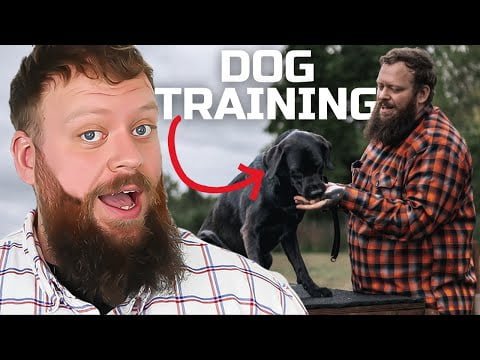How To Stop Puppy Biting
Bringing home a new puppy is an exciting time, but it can also come with its challenges. One common issue that many new puppy owners face is biting. While it’s normal for puppies to explore the world with their mouths, it’s essential to teach them appropriate behavior to prevent any future problems. In this blog post, we’ll discuss strategies and tips on how to stop puppy biting so you can enjoy a harmonious relationship with your furry friend.
- Understand why puppies bite: Puppies explore the world around them through their mouths, much like human infants do. They also use their mouths to play and communicate with other dogs. However, if left unchecked, this natural behavior can turn into a problem when your puppy starts nipping at you or others. Understanding why puppies bite is the first step in addressing the issue.
- Provide appropriate chew toys: Puppies need an outlet for their chewing instincts, so make sure to provide them with plenty of appropriate chew toys. When your puppy starts nipping at you or furniture, redirect their attention to a toy that they can chew on safely. This not only helps satisfy their urge to chew but also teaches them what is acceptable behavior.
- Use positive reinforcement training: Positive reinforcement training is an effective way to teach your puppy not to bite. Whenever your puppy plays gently without using their teeth, praise and reward them with treats or toys. Conversely, if they start nipping at you, say “ouch” in a high-pitched voice and immediately stop playing with them for a few moments. This teaches your puppy that gentle play is rewarded while biting results in the end of playtime.
- Socialize your puppy: Socialization plays a crucial role in preventing unwanted behaviors like biting. Expose your puppy to various people, animals, and environments from a young age so they learn proper social skills and boundaries. Through positive interactions with different stimuli, your puppy will become more well-adjusted and less likely to resort to biting as a form of communication or play.
- Seek professional help if needed: If despite your best efforts, your puppy continues to exhibit aggressive biting behavior that doesn’t improve over time, it may be necessary to seek help from a professional dog trainer or behaviorist. They can assess the situation and provide personalized guidance on how to address the issue effectively.
Conclusion: Dealing with puppy biting can be frustrating but remember that it’s a normal part of development for young dogs. By understanding why puppies bite and implementing positive reinforcement training techniques, providing appropriate chew toys, socializing your puppy, and seeking professional help if needed, you can successfully curb this behavior and build a strong bond with your furry companion.





